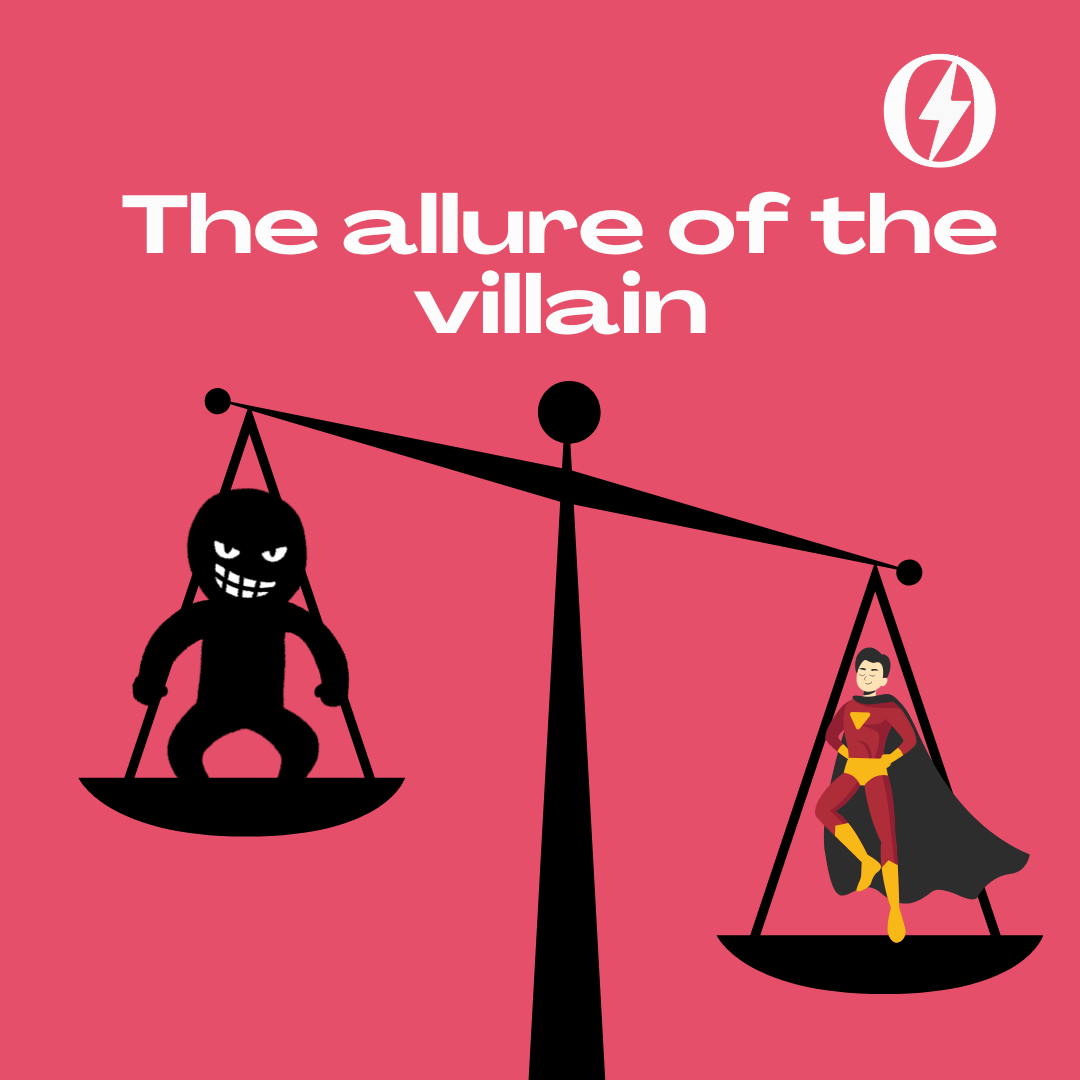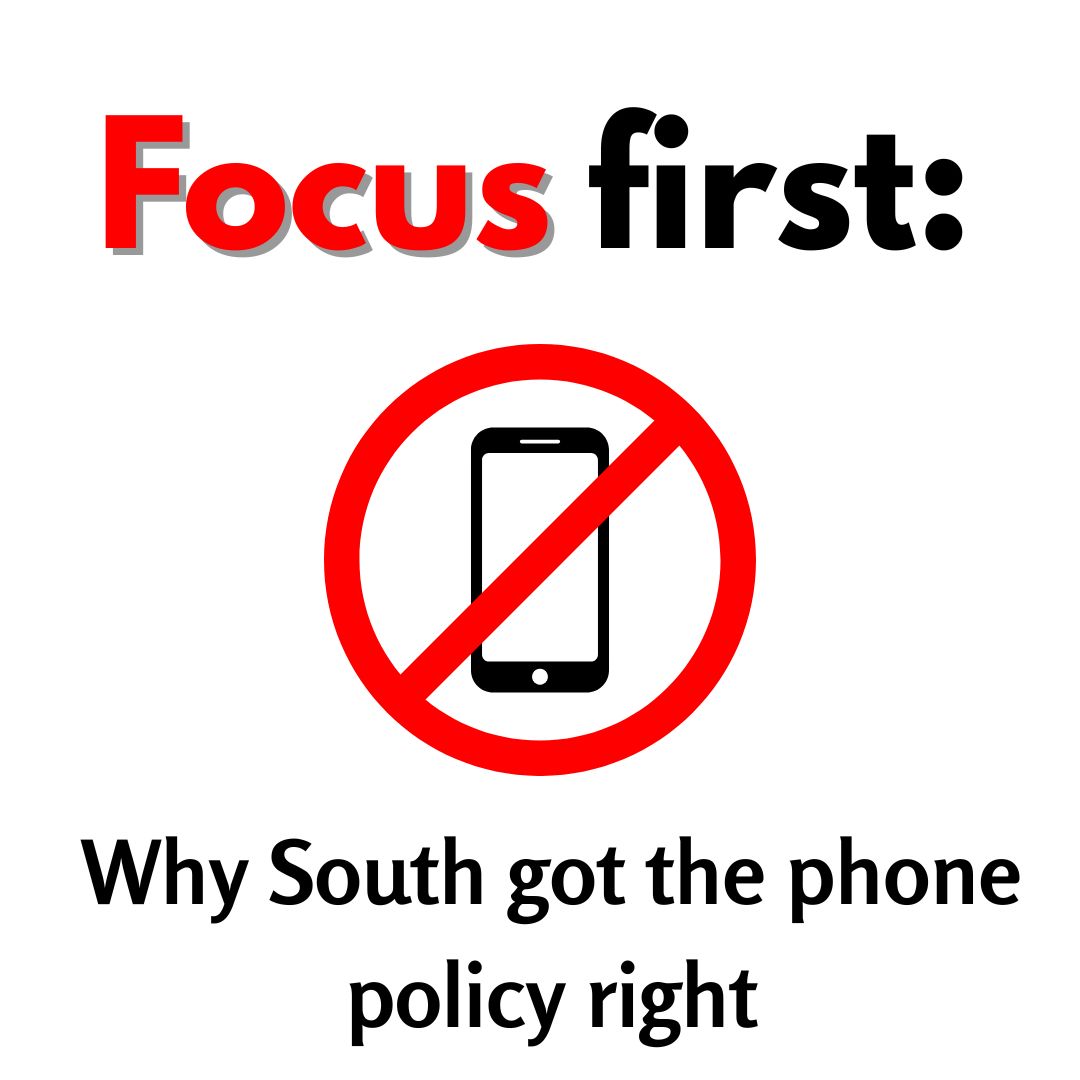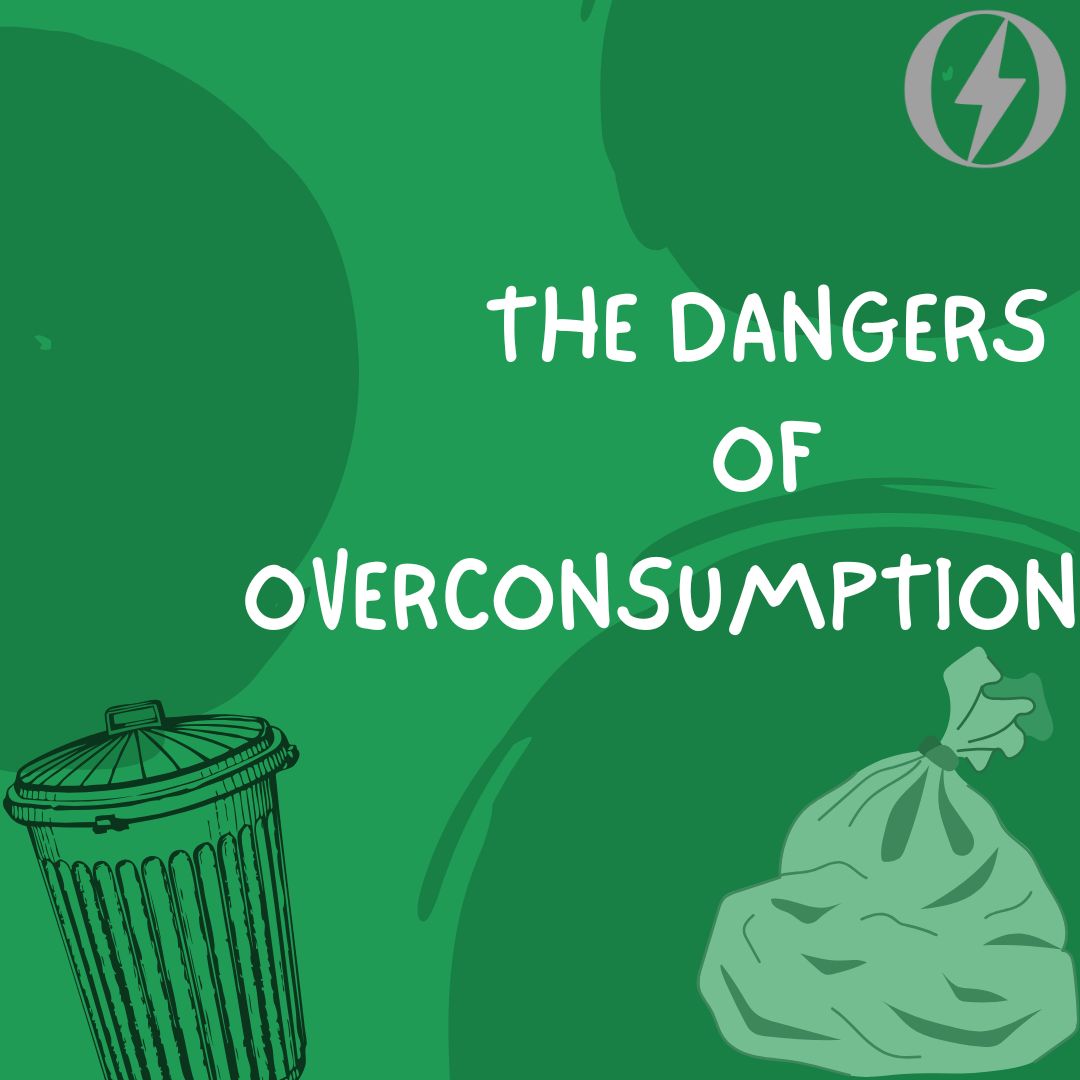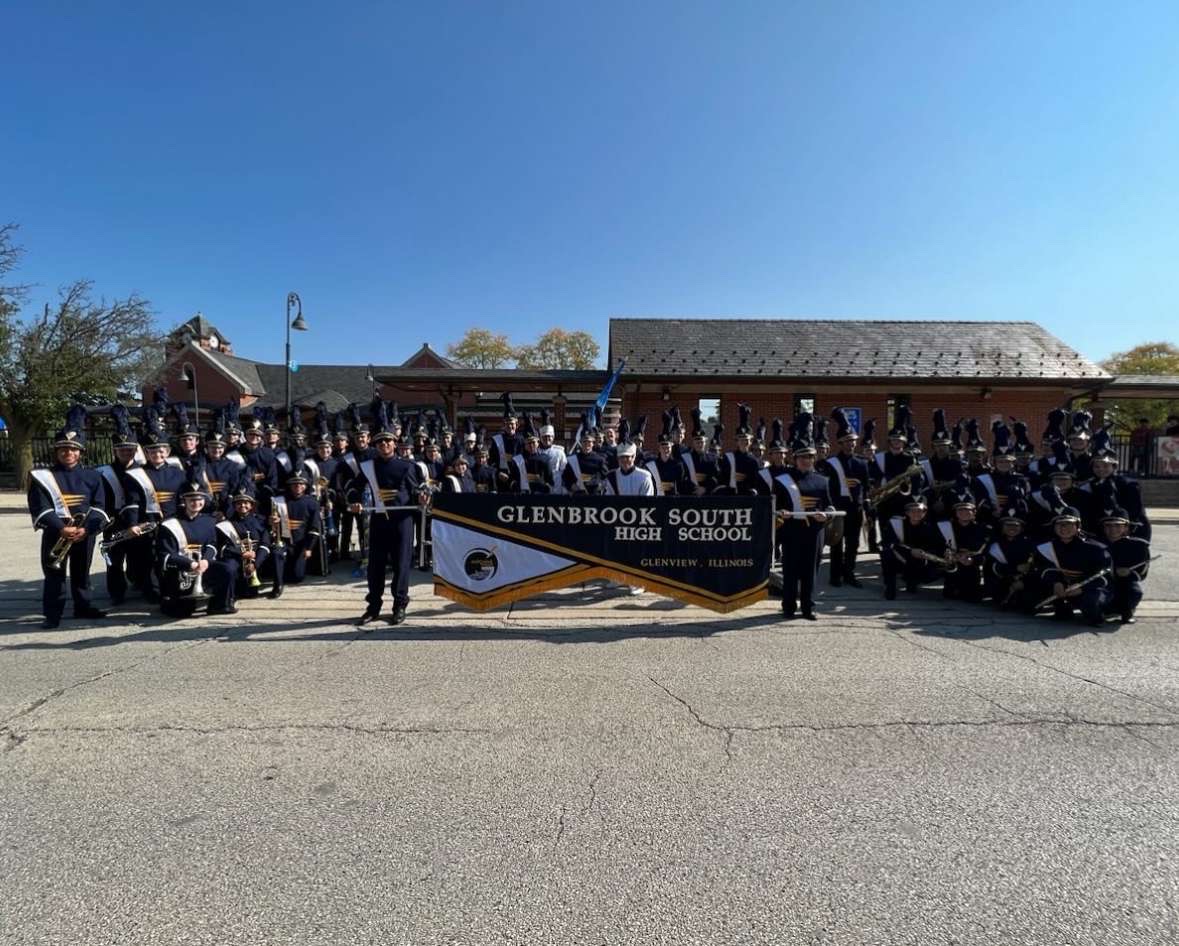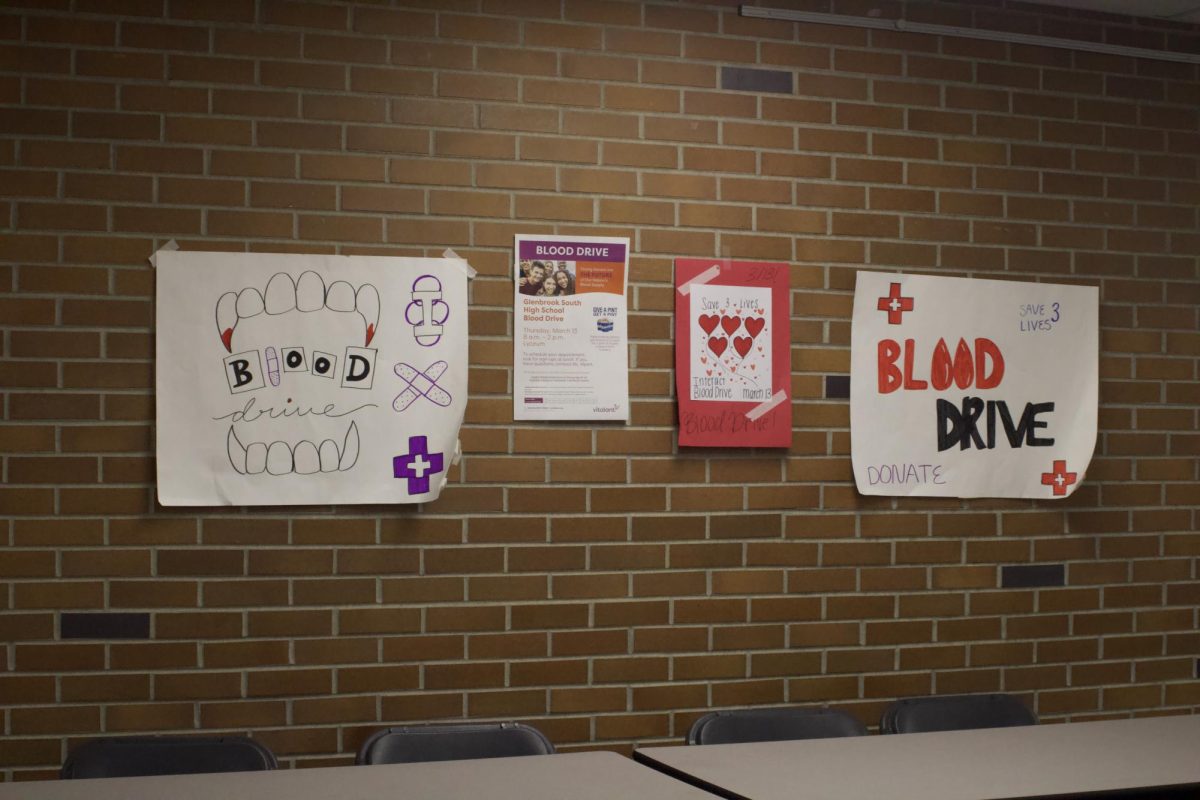It is strange how society has a habit of turning real-life villains into heroes.
People who do terrible things are often portrayed as rebels or symbols of justice. It’s like we see their anger, recognize a bit of truth in their frustration, and suddenly forget about the damage they have caused.
We do this so easily, and social media does not help. I will scroll through TikTok or Instagram and see videos that turn real-life tragedies into entertainment. People set dramatic music to clips of someone’s arrest, post hashtags that twist the narrative, or even sell merch with slogans glorifying violence. It is unsettling.
But the thing is, no matter how “noble” someone’s intentions might seem, violence is still violence.
People get hurt. People die.
The justification does not take away the pain left behind.
To feel the complete effect of this concept, I think about my own family. If someone close to me was a victim of one of these so-called anti-heroes, I would not care about their motivations. All I would feel is my grief.
There is another side to this too: when we glorify individuals who commit harm, we ignore the people who are actually working to make a difference the right way.
Why don’t we idolize those who fight for justice without violence— the community leaders, educators, and advocates who put in the hard, often invisible, work? Activists who lead rallies, develop petitions, and organize community efforts bring controversial issues to light, without any casualties. Dedicating a holiday to civil rights activist Martin Luther King Jr., awarding the Nobel Peace Prize to education activist Malala Yousufzai, or honoring Nelson Mandela’s legacy all highlight the power of nonviolence in creating lasting change.
I get why people are drawn to vigilante stories. In a world that feels increasingly unfair, there is something satisfying about seeing someone fight back, consequences be damned. But we cannot mistake revenge for resolution. Real change comes from people who are patient enough to understand the problem and brave enough to solve it.
So the next time we are tempted to glorify someone who did the unthinkable, let us pause.
Let us think about the victim.
Let us think about the better ways we can channel our frustration.
And let us make room for stories of people who inspire hope, not fear.



